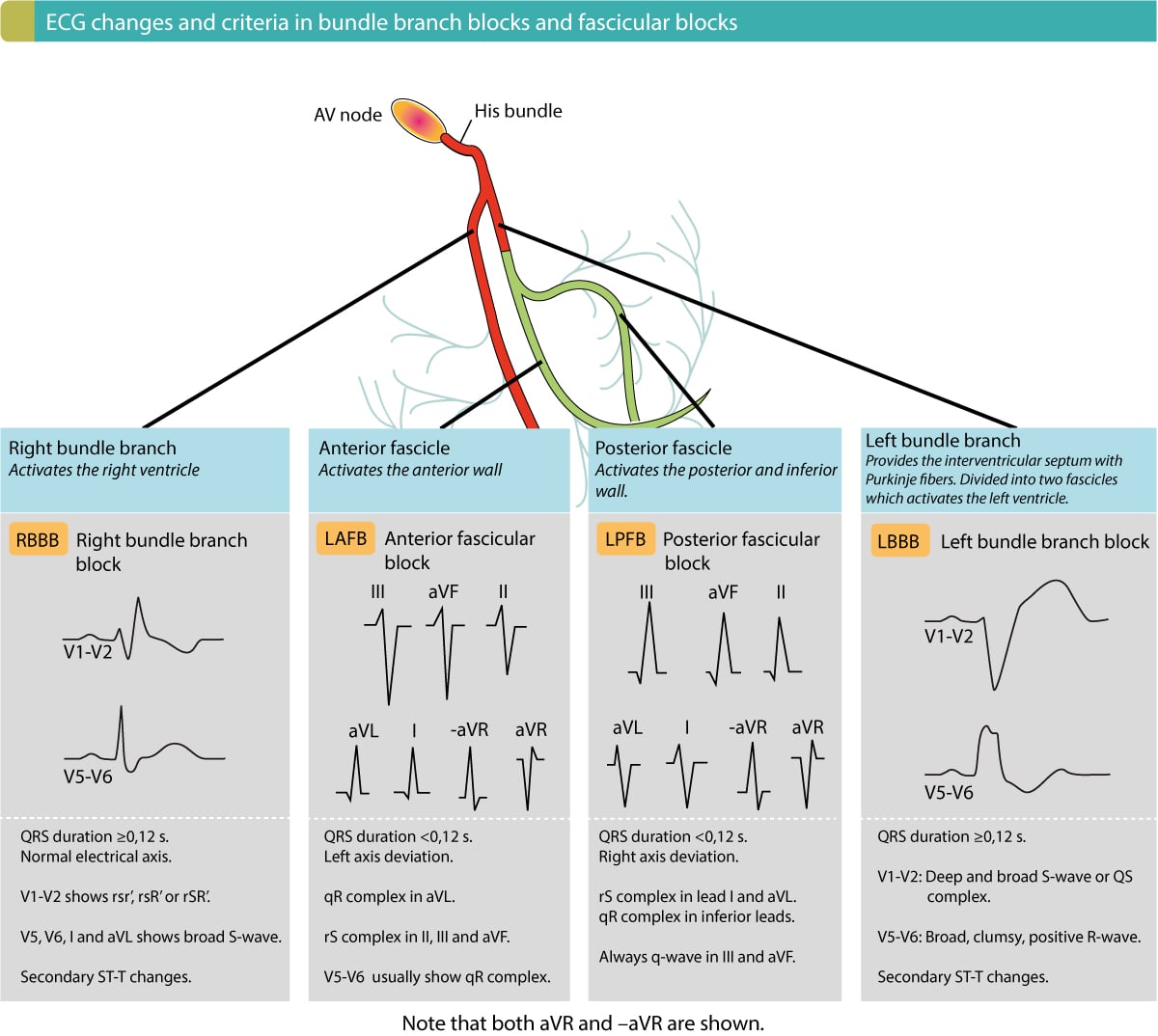Decoding a Borderline ECG: Is It Cause for Concern?
Receiving a “borderline” electrocardiogram (ECG) result can be unsettling. It’s not a clear-cut sign of trouble, but it’s not entirely normal either. This article will explore what a borderline ECG means, its potential causes, and the crucial next steps to take.
What Does “Borderline” Mean on an ECG?
An ECG measures your heart’s electrical activity. A borderline ECG indicates that some of the recorded signals fall outside the typical range, creating a gray area that requires further investigation. Think of a standard ECG result as a green light, an abnormal result as a red light, and a borderline result as a yellow light – proceed with caution. Borderline EKG readings warrant prompt medical attention.
Why Might My ECG Be Borderline?
Several factors can contribute to a borderline ECG reading. Some are harmless, while others could suggest underlying health issues.
- Technical or Physiological Factors: Sometimes, the issue isn’t your heart at all. Incorrect electrode placement, patient movement during the test, dense breast tissue, obesity, or even pregnancy can influence ECG readings.
- Minor Heart Rhythm Variations: Slight deviations in heart rhythm, often temporary and harmless, can push an ECG into the borderline category, especially if you were stressed or anxious during the test.
- Early Indicators of Heart Conditions: In some instances, a borderline ECG might be an early sign of developing heart conditions such as arrhythmias (irregular heartbeats), cardiomyopathies (heart muscle diseases), or coronary artery disease. It’s important to remember that correlation doesn’t equal causation, and further testing is needed to determine the significance of these findings.
- Electrolyte Imbalances or Other Medical Conditions: Conditions like an electrolyte imbalance (for example, low potassium or magnesium levels) or thyroid problems can also cause borderline ECG results. Certain medications may also play a role.
What Should I Do After a Borderline ECG?
The most critical step is to discuss the results with your doctor. They will review your ECG, medical history, and current health status to determine the best course of action.
- Watchful Waiting: If your doctor suspects the borderline result is due to a non-cardiac factor or a benign variation, they might suggest repeating the ECG later or simply monitoring your heart health over time.
-
Further Investigations: Your doctor may recommend additional tests to gain a clearer understanding of your heart’s health. These could include:
- Repeat ECG: To compare with the initial results and assess any changes.
- Echocardiogram: An ultrasound of the heart to evaluate its structure and function.
- Holter Monitor: A portable device that continuously records your heart rhythm for 24-48 hours, providing a more comprehensive assessment than a standard ECG.
- Stress Test (Exercise ECG): Monitors heart function during physical activity to detect abnormalities that may not be apparent at rest.
- Cardiac MRI or CT Scan: These imaging tests provide detailed images of the heart and surrounding structures, helping to identify any anatomical abnormalities.
- Blood Tests: To check for electrolyte imbalances, thyroid function, and other factors that could influence heart health.
-
Lifestyle Modifications: Even if a serious condition is ruled out, a borderline ECG can serve as a reminder to adopt heart-healthy habits. This might include regular exercise, a balanced diet, stress management techniques, and quitting smoking.
Addressing Common Concerns:
- Is a borderline ECG dangerous? A borderline ECG does not automatically mean you have a dangerous heart condition. However, it warrants further investigation to rule out potential problems.
- What if I don’t do anything? Ignoring any medical test result is not recommended. While a borderline ECG might not be an immediate cause for alarm, it could represent a missed opportunity to detect and address a potential issue early on.
- What questions should I ask my doctor? Come prepared with questions for your doctor, such as: What are the possible causes of my borderline ECG? What additional tests do you recommend? What lifestyle changes can I make to improve my heart health?
A borderline ECG result is like a question mark that requires further exploration. By working closely with your doctor and proactively addressing any concerns, you can gain a better understanding of what it means for your individual health and take the necessary steps to maintain a healthy heart. Remember, information in this article is for general knowledge and should not be substituted for professional medical advice. Always consult with a qualified healthcare provider for any health concerns or before making any decisions related to your health or treatment.
- Microwave Safe Glass Containers for Durable Everyday Food Prep - January 21, 2026
- Borosilicate Glass Containers Offer Superior Food Storage and Meal Prep - January 20, 2026
- Glass Lid Storage Containers Keep Food Fresh and Safe - January 19, 2026










